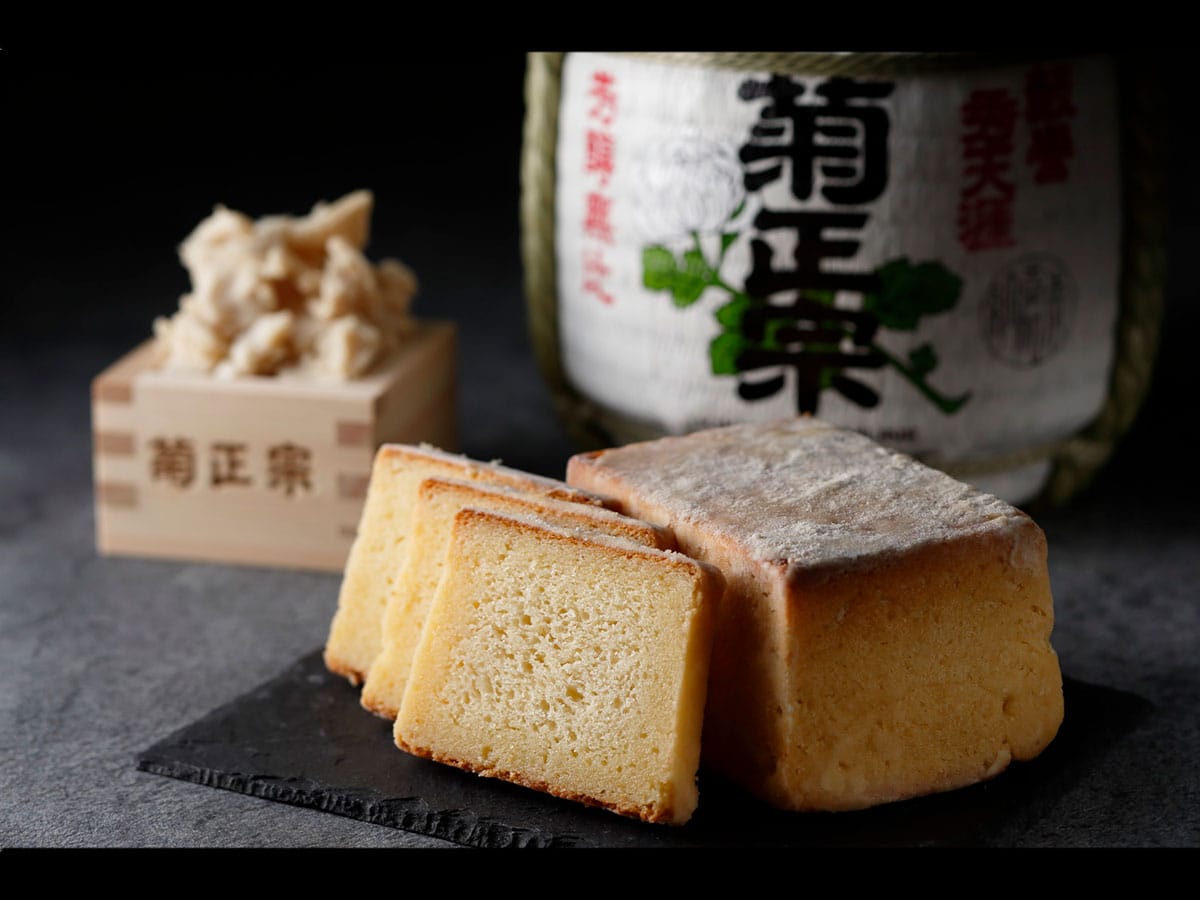
Source: © PR Times, Inc.
“Tipsy Cake” from Hotel Okura Kobe is made with Kiku-Masamune Daiginjo sake lees
- Tags:
- Cake / Daiginjo / Hotel Okura Kobe / Kiku-Masamune / Sake / sake lees
Related Article
-

Receive a selection of sake in your mailbox each month with SAKE POST
-
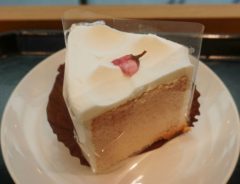
Complement Your Starbucks Japan Sakura Frappucino with Cherry Blossom Desserts This Spring
-
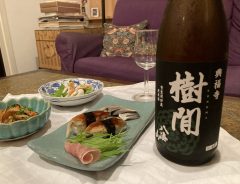
World Heritage Temple in Nara Releases Limited Edition ‘Special Sake’
-
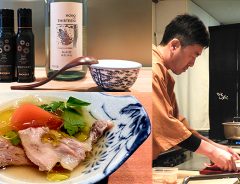
Umami Synergy: Kandou Olive Oil, Kimoto Sake & Organic Japanese Cuisine at Hitoshizuku[PR]
-
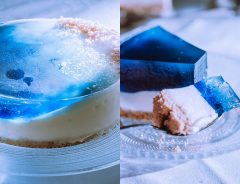
Sandy beach meets cerulean sea in gorgeous cheesecake made by Japanese culinary creator
-

There’s a Tokyo souvenir that you can’t buy in Tokyo?


If you know your sake, then you'll probably recognize the name Nada-Gogō 灘五郷, "The Five Villages of Nada" which is the largest sake producing area in Japan, situated in the cities of Kobe and Nishinomiya in Hyogo Prefecture. Paying homage to this rich sake-producing tradition, Hotel Okura Kobe will begin selling a new original cake made with sakekasu 酒粕 lees from prized Daiginjo sake made in the famous Kiku-Masamune brewery.
Kikuhonoka 菊香
Hotel Okura Kobe's pastry chef wanted to create an original hotel product using ingredients unique to Kobe, which would be ideal as a gift or souvenir. In order to maximize the wonderful aroma and rich flavor of Daiginjo sake lees, they experimented through trial and error, combining wheat flour and sake lees, taking about a year and a half to commercialize the cake.
By kneading flour and Daiginjo sake lees in a ratio of nearly 2:1, and blending plenty of butter, Hotel Okura Kobe has created a delicious cake with a rich and mellow taste like cheese and a moist and smooth texture. Elegantly topped with a sprinkling of premium Wasanbon sugar, it's the perfect gift for any occasion.
They named it Kikuhonoka 菊香, which is written with the kanji 菊 meaning chrysanthemum, and symbolizing the Kiku-Masamune 菊正宗 sake brewery, and 香 meaning aroma. The reading honoka is a creative interpretation of the kanji 香, since honoka 仄か usually means "subtle."
© PR Times, Inc.
Details and Availability